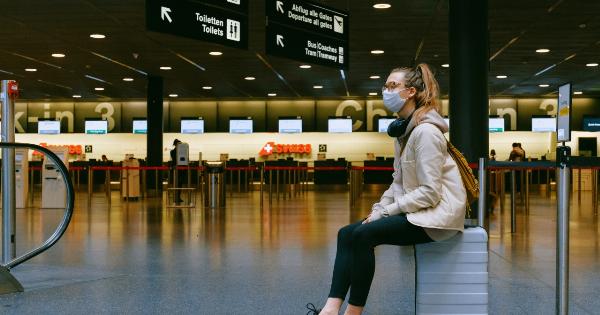The ongoing recession is already taking a toll on people in various ways. The flu outbreak is just one of many problems that have arisen due to the economic downturn.
The recent outbreak of the flu has already claimed the lives of over 100 people, and experts are warning people to be cautious and take preventive measures to avoid getting sick.
What is the flu?
The flu is a common viral infection that affects millions of people worldwide. It is highly contagious and spreads from person to person through air droplets when an infected person coughs, sneezes, or talks.
The flu can cause mild to severe illness, and in some cases, it can be fatal.
Symptoms of flu
The flu symptoms typically appear one to four days after being infected with the virus. Common symptoms include:.
- Fever
- Cough
- Sore throat
- Runny or stuffy nose
- Body aches
- Headache
- Chills
- Fatigue
- Nausea and vomiting (more common in children than adults)
How does the recession impact flu outbreaks?
The recession has led to a lot of cutbacks in the healthcare sector, which has made it harder for people to get proper medical attention.
People are avoiding going to hospitals because they can’t afford to pay for medical treatment, and this has led to an increase in the number of unreported flu cases.
The recession has also made it harder for people to afford proper nutrition, which can make them more susceptible to the flu virus.
The lack of proper nutrition can weaken the immune system, making it more difficult for the body to fight off the infection, and in some cases, it can lead to complications.
Preventive Measures
Prevention is key to avoiding the flu virus. Here are some preventive measures you can take to reduce your chances of getting sick:.
- Wash your hands often with soap and water
- Avoid close contact with people who are sick
- Cover your mouth and nose with a tissue when you cough or sneeze
- Avoid touching your eyes, nose, and mouth
- Clean and disinfect frequently touched objects and surfaces
- Stay home if you are sick
- Get vaccinated annually
What to do if you have the flu?
If you have the flu, it’s important to take care of yourself and prevent the spread of the virus to others. Here are some things you can do if you have the flu:.
- Stay home and rest
- Drink plenty of fluids
- Treat fever and cough with over-the-counter medication
- Avoid close contact with people
- Wear a face mask to prevent the spread of the virus
- Follow proper hand hygiene
Conclusion
The flu outbreak has claimed the lives of over 100 people, and it’s a reminder of the importance of taking preventive measures.
The economic downturn has made it harder for people to access proper healthcare, which has contributed to the increase in the number of unreported flu cases. It’s advised to take preventive measures, stay informed, and seek medical attention if you have symptoms of flu.




















